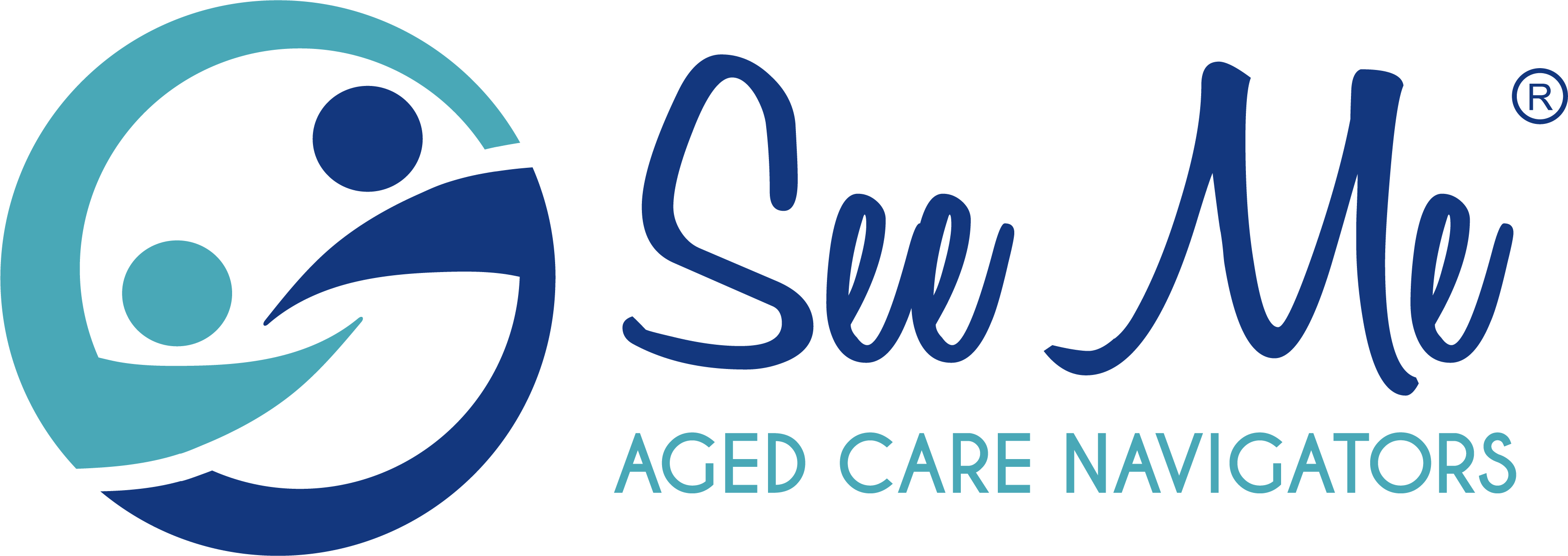Who can help me with aged care services?
There is a new terminology emerging within Australian aged care, attributed to the recommendations in the final report from the Royal Commission into Aged Care Quality and Safety.
Recommendation 29 in the report is 'Care finders to support navigation of aged care'.
1. From 1 July 2023, the Australian Government should fund the engagement of a workforce of personal advisers to older people, their families and carers, called 'care finders'.
2. The function of care finders will be to assist older people seeking aged care services with information about the aged care system and case management services by:
- providing face-to-face support to older people to help them identify the best options for care to meet their individual needs and goals, to exercise informed choice, and to understand their entitlements. That support should be scalable and proportionate to need and vulnerability
- assisting older people to understand, gain access to and participate in assessments and reassessments of needs and eligibility for aged care, and work closely with the local assessment team to facilitate the assessment process
- ascertaining the best options for services in the local area and link them to these options. This may also involve linking the older person to services outside the aged care system, such as housing, mental health or health care more generally
- following up to make sure that referrals have been accepted and the support and care identified in the assessment is in place
- conducting regular check-ins with the older person to ensure that the services are meeting their needs
- where changes in needs occur, or services are not meeting needs, taking the necessary steps in consultation with the older person, including reassessment or referrals to services.
3. Care finders will be employees of the State Governor, a State or Territory or a local government body, who are suitably qualified in aged care, health care or social work.
The sub points within this particular recommendation describes the skill set of an aged care navigator. The subtle difference is that an aged care navigator has a breadth of knowledge of the entire aged care system, more than is highlighted in these sub points.
'Finding' or facilitating the most appropriate care provision for an older person requires knowledge within the specialty of older person's care.
'Finding' or facilitating a package provider who can meet the individual needs of an older person requires an understanding of issues related to cognitive impairment, mood, functional impairment, complex and chronic health issues, continence and carer stress.
It requires knowledge of what other services are available over and above a home care package that the older person can access to maximise their ability to achieve quality of life at home.
And it also requires the skill set to mediate the older person's support network including their GP, geriatrician and family.
We attribute this role to an aged care navigator.
For the past 2 years, a trial of aged care navigators has been implemented across Australia.
The report for this trial has just been released and the findings are encouraging for those of us working as aged care navigators, fulfilling the role as care finders.
Specifically, design principles as identified by respondents to the research informing this report, concluded that the highest 3 design principles were quality workforce, flexibility and adaptability and linkages and partnerships.
A number of other design principles for the proposed development of a nationally cohesive navigation service, in the form of a new workforce identified as a care finder system include accessibility, inclusivity, innovation, responsiveness, sustainability and simplicity.
So, do we need aged care navigators, or do we need care finders?
We need the specialised knowledge and expertise of an aged care navigator who, as part of their role, is an independent care finder.
Care finding is just one aspect of the role of an aged care navigator.
To enable an older person and their family to understand and choose a great provider of home care services and support because they have received clear and personalised advice should set the benchmark for a care finding workforce.
To enhance the care planning of an older person to include access to programs and services beyond the scope of the aged care program reflects the skillset of an aged care navigator.
Care finding and aged care navigation present a synergy that has the opportunity to empower ageing Australians and their families, carers and local communities to understand and navigate the aged care system with clarity and confidence.
And it places the older person in a position to achieve better outcomes from our aged care system.

